Alcohol in Your Hair Products: What Role Does It Play?

As people have grown more aware of ingredients contained in their grooming products, the Internet has become a convenient tool for helping consumers conduct their own research. Online research however is a double-edge sword because anyone can publish any information no matter the quality, intent or accuracy of that information. In this free-range climate, misinformation about products and ingredients can be taken as fact by an unsuspecting person.
As an example, some may cringe at the word “alcohol” in the ingredients list of a product because it’s commonly reported that “alcohol is drying,” but the fact is not all alcohols are bad for your hair. In fact, some alcohols have great moisturizing and smoothing properties and are very healthy for your hair. Read on to learn what makes an alcohol good or bad for your hair.
There is More Than One Type of Alcohol
The first thing it’s important to know is that alcohol is not a single chemical but a family of chemicals with differing properties. This means that depending on these properties, an alcohol is either great for skin and hair or not so great. In a nutshell: The molecular structure of alcohol involves a non-polar carbon chain and a polar hydroxyl group (an oxygen atom bonded to a hydrogen atom) connected to one of the carbons in the chain. Depending on the number of carbon atoms, the molecular structure differs and results in different types of alcohols with different properties. There are two major types of alcohols that are used to manufacture hair and skin care products: short-chain alcohols or drying alcohols and Fatty Acids or emulsifying.
Short-chain Alcohols or Drying Alcohols (Not so good)
These are very small alcohols with less than three carbon atoms in their structure and they also have a low molecular weight. These alcohols evaporate quickly and so they are used in hair and skin care products as an additive to help decrease the time it takes for a product to dry once applied. But the flip side to their use is that these alcohols also wick moisture from hair and skin. With hair this causes the cuticle to roughen, leaving the hair dry, brittle and frizzy, with skin, this compromises the delicate water/lipid balance of the dermis, exacerbating dry skin. Some of the most common short-chain alcohols that you will find in hair care products are ethanol, SD alcohol, SD alcohol 40, denatured alcohol, propanol, propyl alcohol and isopropyl alcohol.
Long-chain alcohols or Fatty alcohols (Great!)
Fatty alcohols are larger alcohols with more than 12 carbons per molecule and are commonly derived from natural sources such as vegetable oil. The higher amount of carbon content gives them a completely opposite nature to their drying, shorty-chain cousins. In contrast to short-chain alcohols, fatty alcohols provide lubrication, hydrating and film forming properties which absorb and lock in moisture keeping the hair from drying out. For these reasons, fatty alcohols like Cetyl, Stearyl and Cetearyl alcohols derived from plants are used extensively in hair care products designed to keep hair hydrated and healthy. They contribute glide and gloss to the hair shaft, encourage softness and help smooth down damaged cuticles. The most common fatty alcohols that you will find in your hair products and which hydrate and which are highly beneficial to your hair are: lauryl alcohol, cetyl alcohol, myristyl alcohol, stearyl alcohol, cetearyl alcohol and behenyl alcohol. Prismax contains these types of alcohols.
In conclusion, the answer is yes! Alcohol can be absolutely wonderful for your hair.
Prismax softens and smooths hair after just one use.




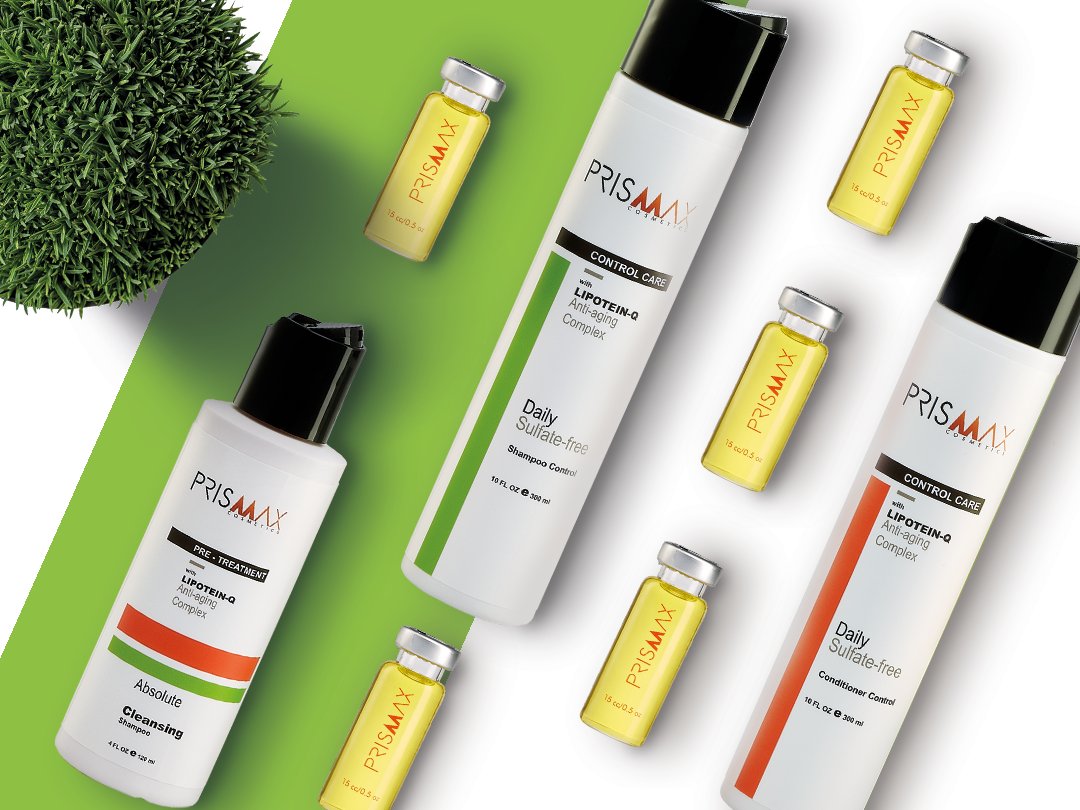
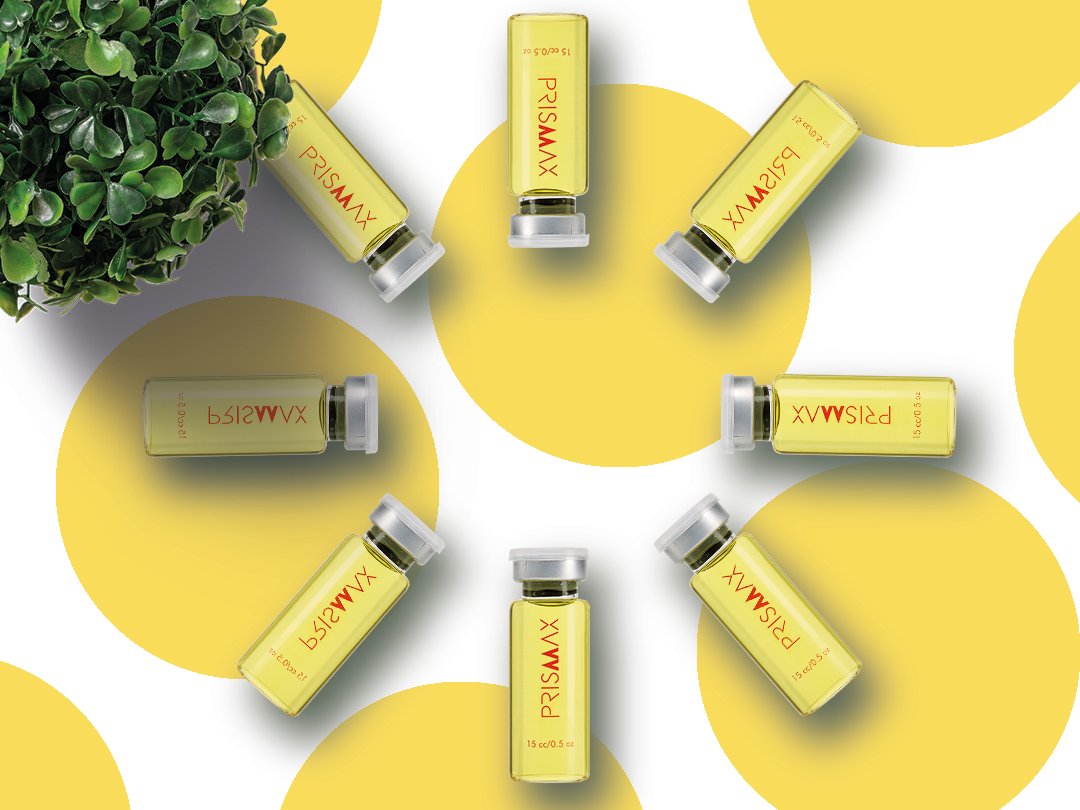
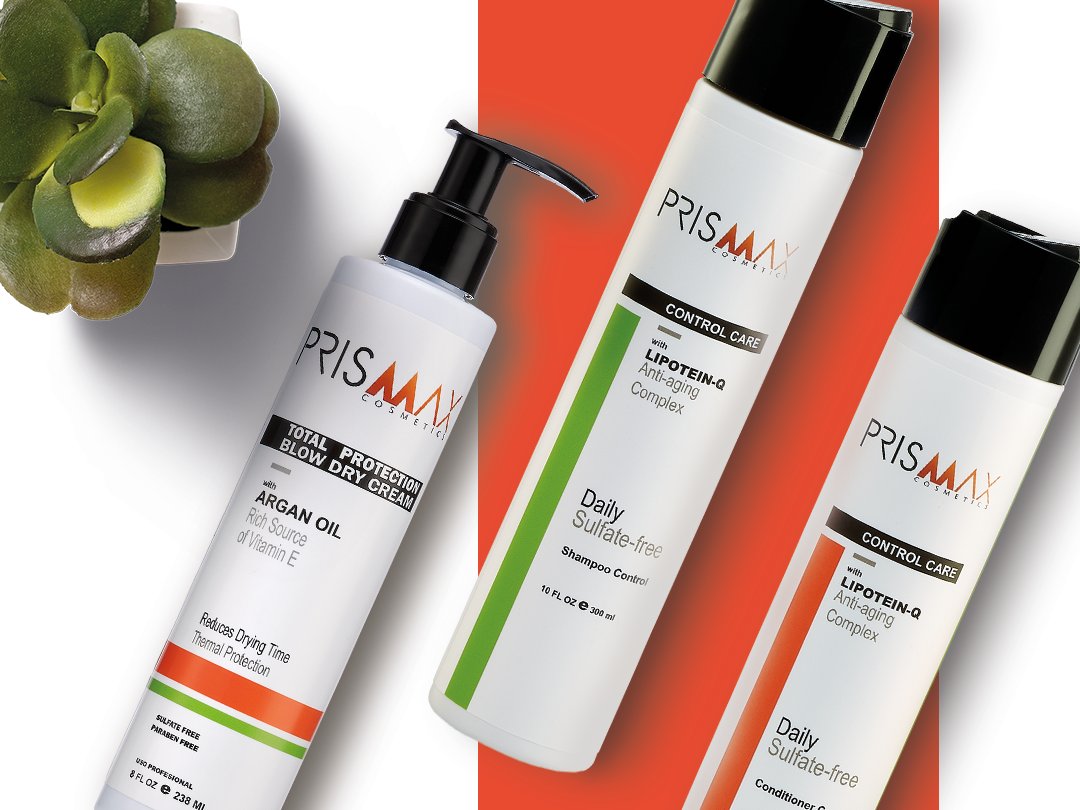
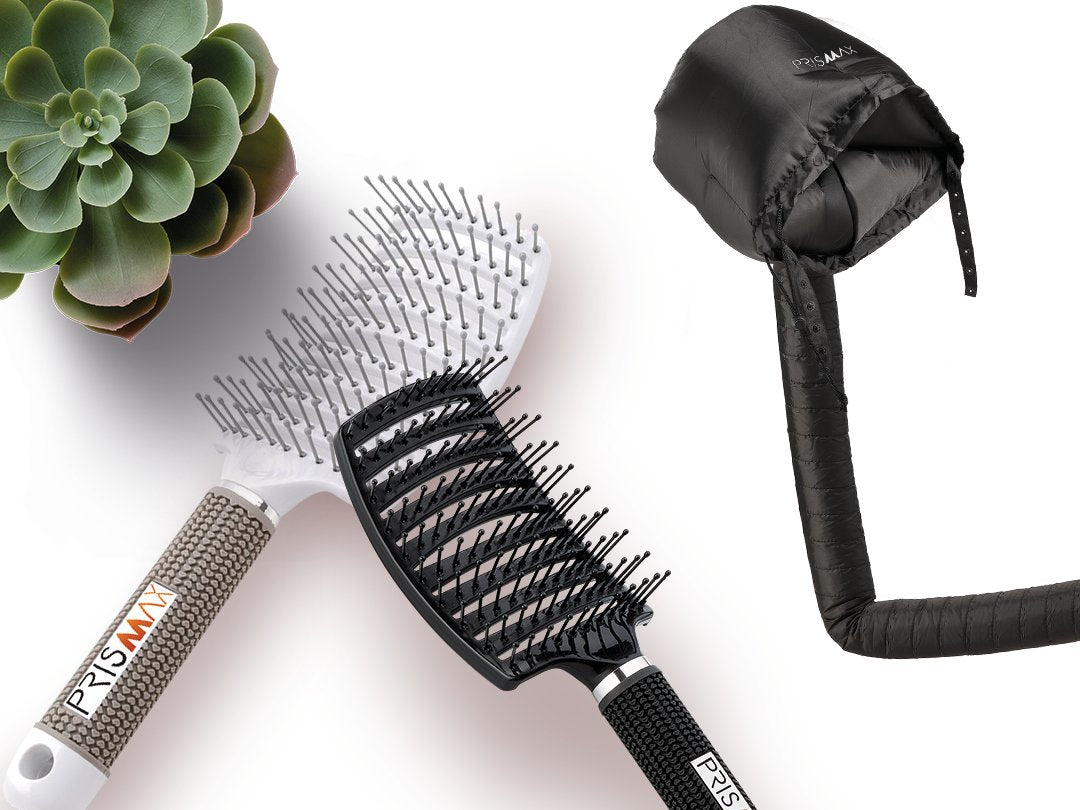



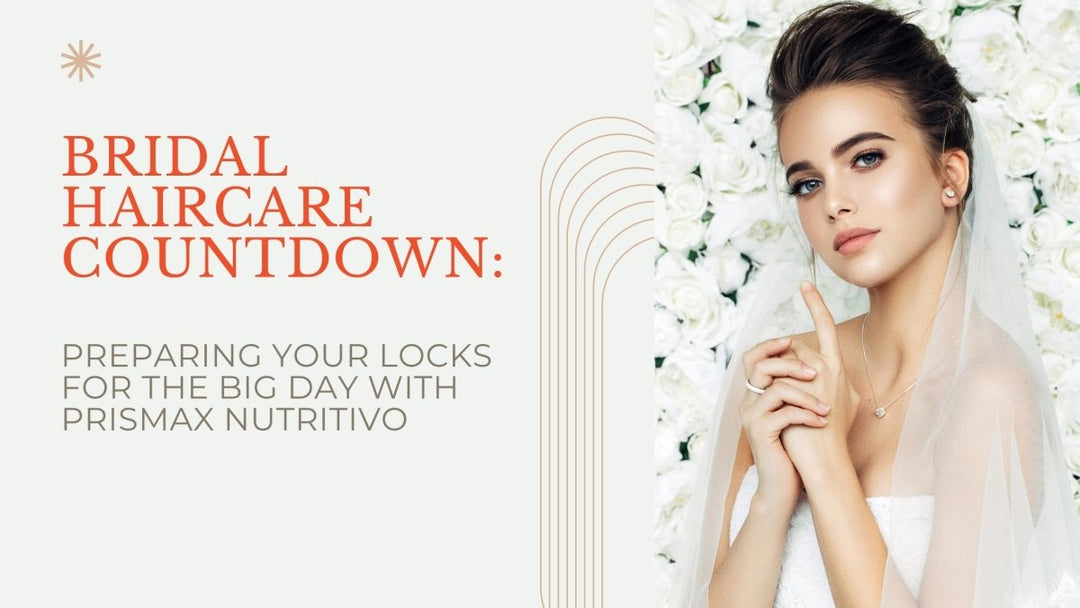
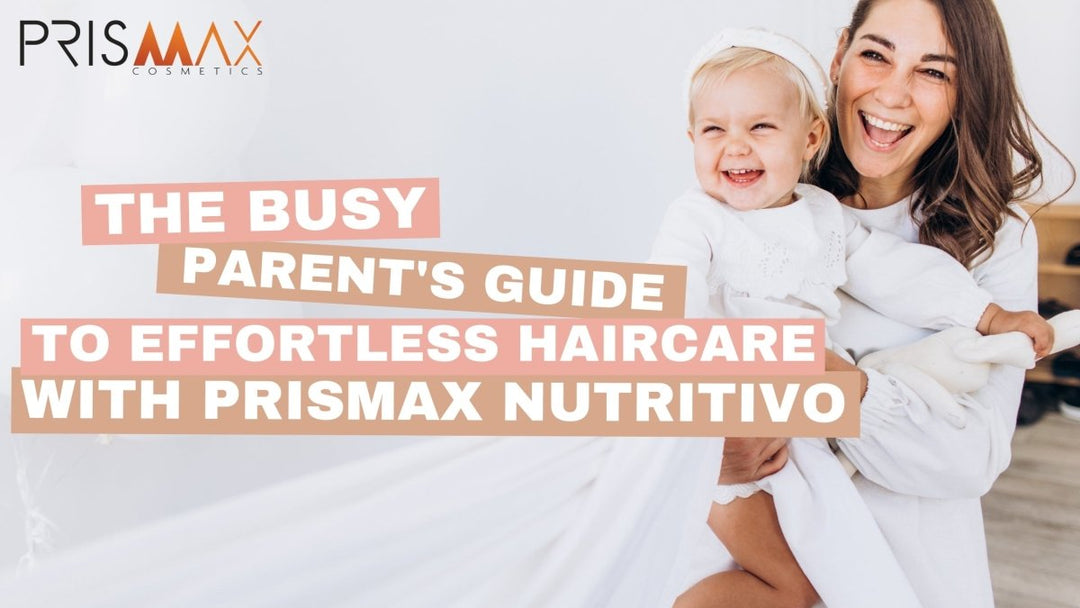
Leave a comment